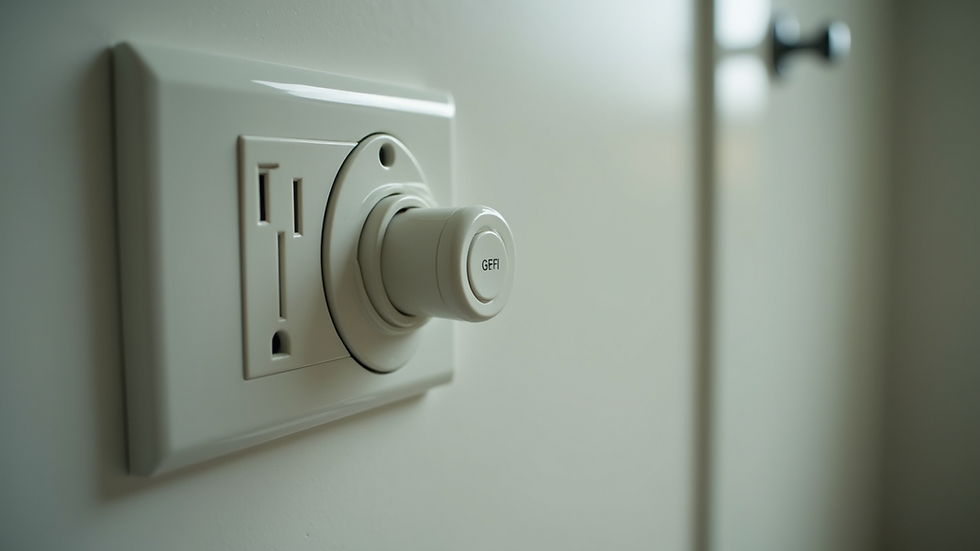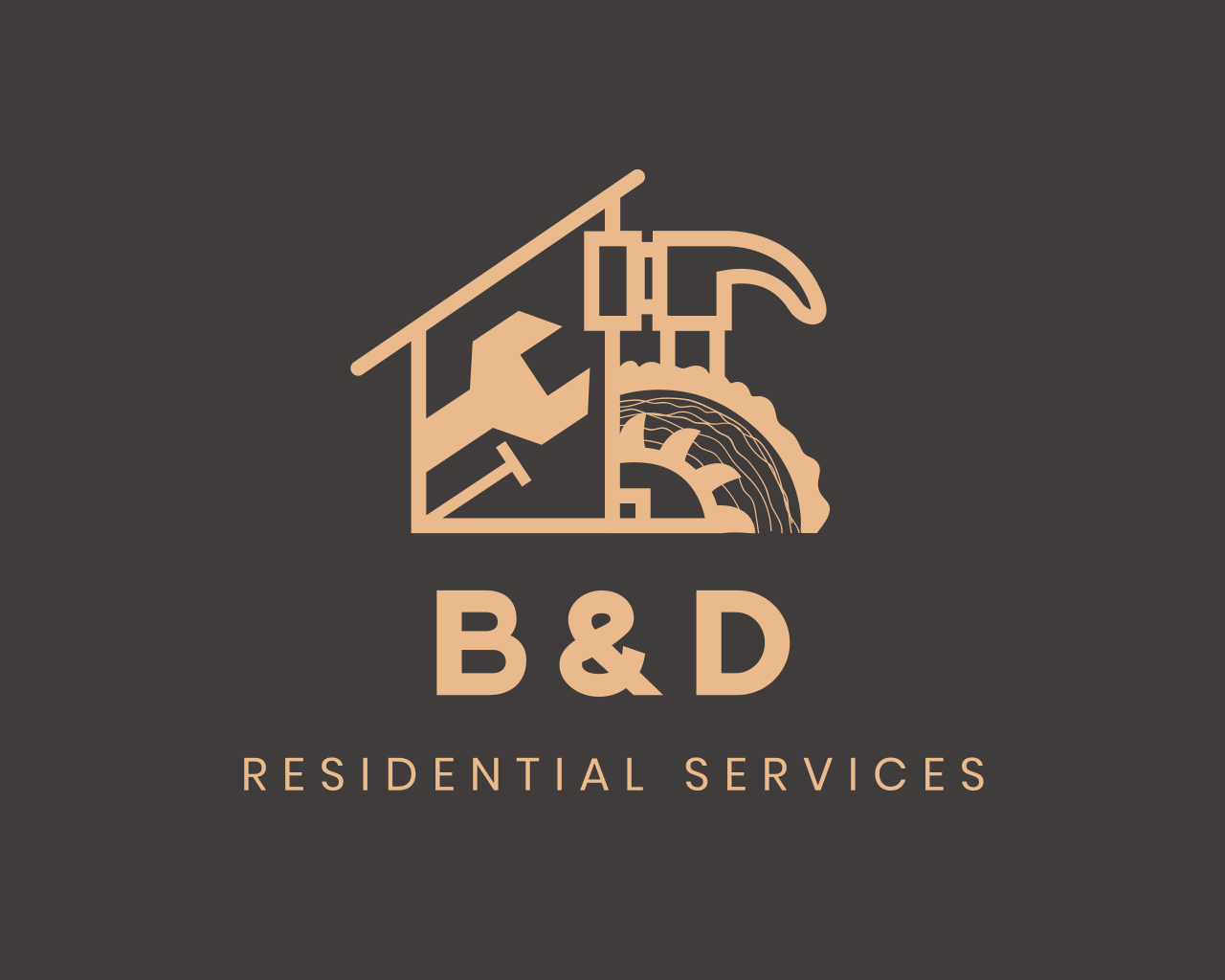Essential Tips for Electrical Safety at Home
- Roberto B
- May 27, 2025
- 3 min read
Electrical safety is a crucial aspect of home maintenance that often goes unnoticed until something goes wrong. Every year, thousands of house fires are caused by electrical hazards, leading to injuries, fatalities, and substantial property loss. This blog post will provide you with essential tips for maintaining electrical safety in your home, so you can protect your family and property.
Understanding Electrical Safety
Understanding electrical safety is the first step toward preventing accidents. Many people assume that electrical hazards are only a concern for professionals, but many can be avoided through basic awareness and proactive measures. Ensuring that your home is equipped with the right safety features, such as circuit breakers and GFCIs (Ground Fault Circuit Interrupters), can significantly reduce the risk of dangerous situations.
One alarming statistic to consider is that, according to the U.S. Fire Administration, electrical malfunctions are involved in about 29% of all home fires. By being vigilant about electrical safety, you can help minimize these risks.
Regular Inspection and Maintenance
One of the most effective ways to ensure electrical safety in your home is through regular inspections. This includes checking for visible wear and tear on wires and electrical cords. Look for frayed insulation, exposed wires, or signs of overheating. If you see anything that looks unsafe, it's time to replace that item or have it inspected by a professional.

In addition to inspecting your electrical cords, it’s a good idea to have your entire electrical system inspected by a qualified professional or skilled electricians every few years. They can identify potential hazards that you might overlook and help ensure that your home's electrical system meets current safety standards.
Using the Right Equipment
Using the correct electrical equipment in the right way is essential for preventing accidents. When choosing extension cords and power strips, look for products that are UL-listed, meaning they meet certain safety standards. Avoid overloading sockets and always follow the manufacturer's instructions for use.

It’s also important to ensure that any electrical equipment you buy is appropriate for the environment in which it will be used. For instance, outdoor equipment should be rated for outdoor use. The wrong type of equipment can lead to electrical shocks and other hazards.
Be Mindful of Water
Water and electricity are a dangerous combination. Areas like kitchens, bathrooms, and outdoor spaces are prone to moisture, increasing the risk of electrical accidents. Making sure that outlets in these areas are equipped with GFCIs is vital. These devices can cut off power when they detect a ground fault, preventing serious injuries.
In addition to GFCIs, consider utilizing waterproof covers for outdoor outlets and installing ground fault interrupting circuits for any outdoor wiring.

Educate Your Family
Education is key to maintaining electrical safety at home. Make sure that everyone in your household understands the dangers associated with electricity. Teach your children never to plug too many devices into one outlet and explain why faulty cords and plugs are unsafe.
In addition, educate them about what to do during an electrical emergency. Make sure they know how to turn off the power at the breaker and who to call in case of an emergency. Providing this education equips them with the knowledge to handle situations safely.
Key Takeaways for Enhanced Safety
As you work to enhance electrical safety in your home, remember these key takeaways:
Regularly inspect your electrical equipment, outlets, and cords.
Use the right equipment that meets safety standards.
Install GFCIs in moisture-prone areas to prevent shocks.
Educate all household members about electrical safety.
Incorporating these practices into your maintenance routine can help keep your home safe from electrical hazards. If you notice any persistent issues or if your system is outdated, hiring skilled electricians can ensure that your home remains safe and up to code.
Final Thoughts
Electrical safety is not just about preventing fires and shocks—it's about protecting the well-being of you and your loved ones. By following these essential tips and remaining vigilant, you’ll create a safer home environment. Remember, your safety should always come first. Don't hesitate to seek professional help when needed. For more detailed assistance, consider consulting skilled electricians to ensure your home's electrical system is safe and functional.
Stay safe and enjoy the peace of mind that comes with knowing you've taken the necessary steps to protect your home!





Comments